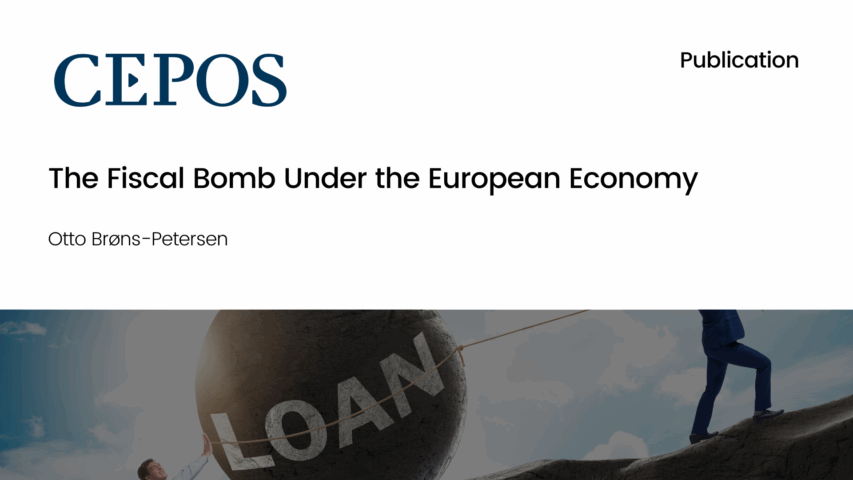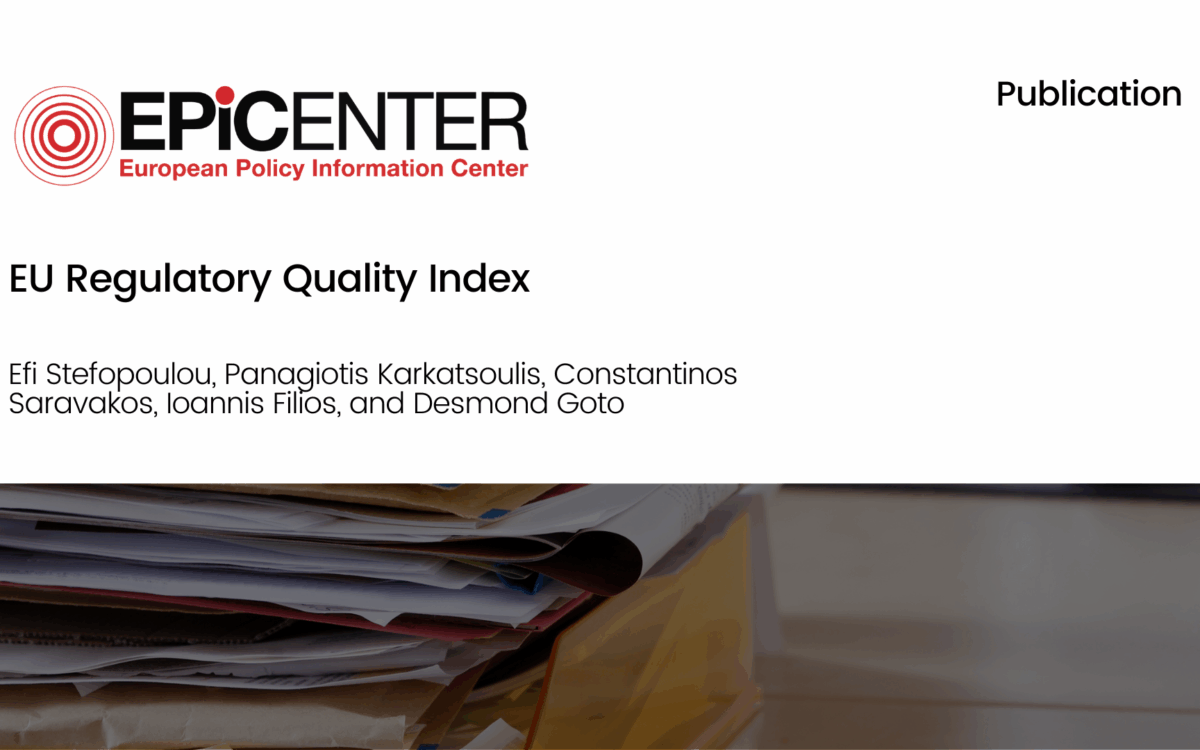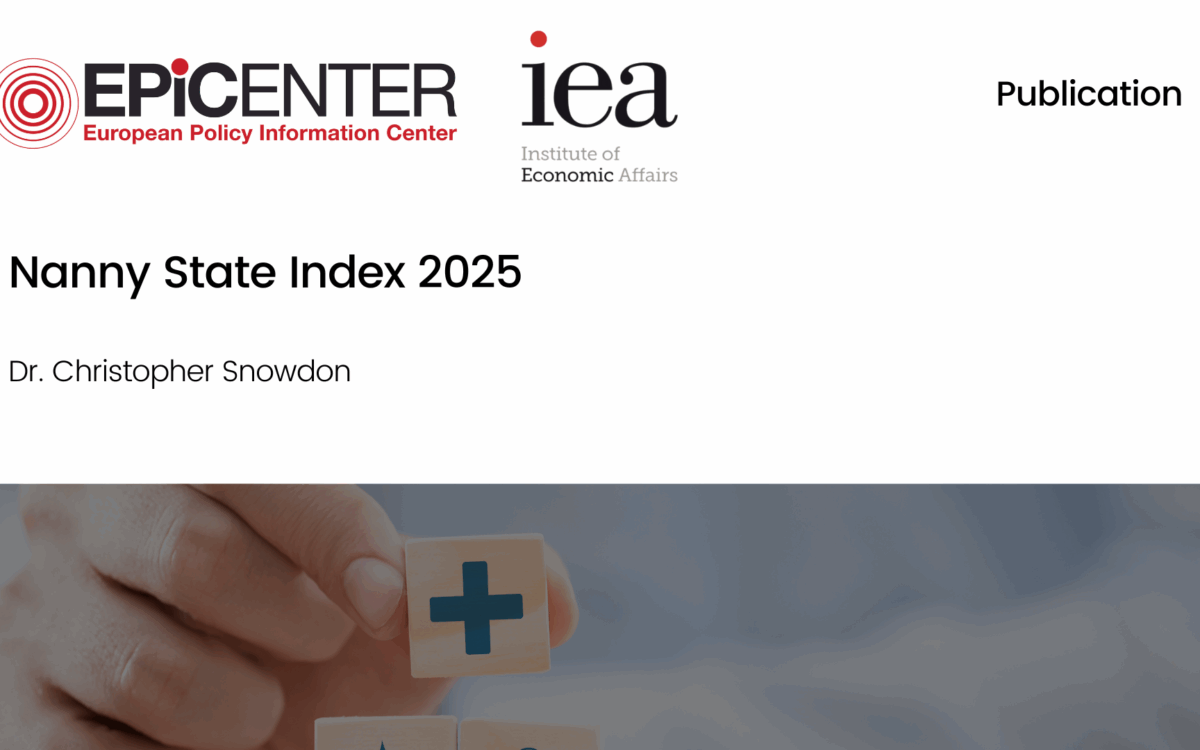The Fiscal Bomb Under the European Economy

The Fiscal Bomb Under the European Economy
Otto Brøns-Petersen // 28 July 2025
EU public debt has steadily increased since the introduction of the euro, with almost half of member states now breaching the Maastricht Treaty’s 60 per cent debt-to-GDP limit. Despite repeated attempts to reform fiscal rules, enforcement remains weak, and recent years have seen a growing reliance on joint EU borrowing, raising concerns about long-term sustainability and political centralisation.
A new EPICENTER publication by Otto Brøns-Petersen warns that these trends are fuelling a structural debt crisis, incentivising fiscal irresponsibility, and undermining the EU’s decentralised governance model. With the €750 billion NextGenerationEU fund setting a precedent for mutualised debt, and further joint borrowing proposals under discussion, the paper argues that a return to strict compliance with treaty limits is essential to avoid deeper political integration by default.
Key findings of the report include:
-
Almost half of EU member states now exceed the Maastricht debt ceiling, with eurozone debt averaging 87.4 per cent of GDP in 2023.
-
The 3 per cent deficit rule has been breached more often than observed, with enforcement suspended for four of the last five years.
-
Joint EU borrowing, initially introduced as a pandemic measure, has effectively abolished the ban on mutual debt liability.
-
Common debt creates a “commons problem” that encourages overspending and shifts fiscal burdens between countries.
-
Economic theory does not justify current debt levels, which cannot be explained by infrastructure investment or intergenerational fairness.
-
Continued joint borrowing will likely increase pressure for EU-level taxation and spending, reducing member state autonomy.
-
Without stricter enforcement of fiscal limits, the EU risks sliding towards centralisation and federalisation through opaque economic decisions.
The report recommends restoring fiscal discipline, ending joint debt issuance, and introducing clear sanctions for rule-breaking to preserve the EU’s long-term stability and democratic accountability.
Download or share this publication
View the PDF
EPICENTER publications and contributions from our member think tanks are designed to promote the discussion of economic issues and the role of markets in solving economic and social problems. As with all EPICENTER publications, the views expressed here are those of the author and not EPICENTER or its member think tanks (which have no corporate view).



